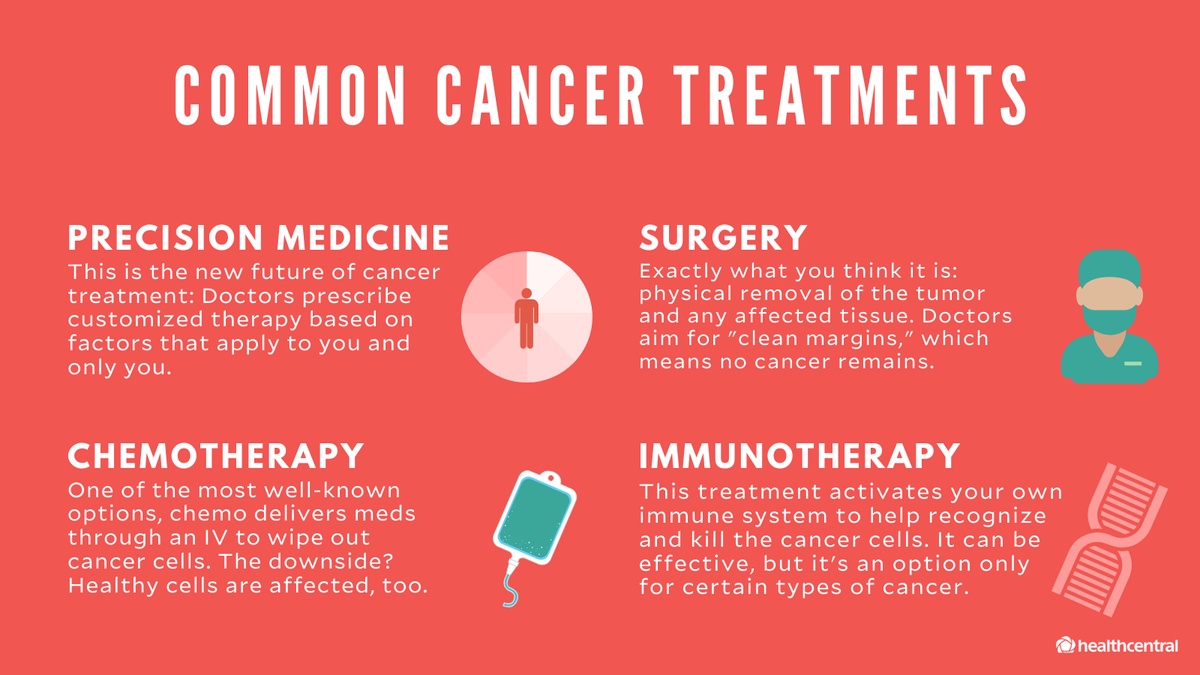Introduction
Cancer has long been a formidable adversary in the world of medicine, claiming countless lives and challenging the ingenuity of researchers and clinicians. However, recent advancements in the field of oncology have brought about a promising avenue of treatment known as immunotherapy. This groundbreaking approach is revolutionizing cancer treatment, offering new hope to patients battling various forms of the disease, including breast cancer, lung cancer, and prostate cancer.
What is Immunotherapy?
Immunotherapy, also referred to as immune-oncology, is a therapeutic strategy that harnesses the body’s own immune system to fight cancer. Unlike traditional treatments such as chemotherapy and radiation therapy, which directly target cancer cells, immunotherapy focuses on bolstering the immune system’s ability to recognize and eliminate cancer cells.
How Immunotherapy Works?
Immunotherapy employs various techniques to enhance the immune system’s ability to detect and destroy cancer cells. One common approach is the use of checkpoint inhibitors, which are drugs that target specific proteins on the surface of immune cells and cancer cells. These proteins, known as checkpoints, act as brakes on the immune system, preventing it from attacking healthy cells. By inhibiting these checkpoints, immunotherapy releases the immune system’s full potential to target cancer cells.
Immunotherapy for Breast Cancer
Breast cancer is one of the most prevalent cancers among women worldwide. Immunotherapy has emerged as a promising treatment option for certain types of breast cancer, particularly those that express the protein HER2 (human epidermal growth factor receptor 2).
One immunotherapy drug approved for HER2-positive breast cancer is trastuzumab, which helps the immune system recognize and attack cancer cells that overexpress HER2. Additionally, immune checkpoint inhibitors like Pembrolizumab and Atezolizumab are being investigated in clinical trials to determine their effectiveness in breast cancer treatment.
Immunotherapy for Lung Cancer
Lung cancer is a leading cause of cancer-related deaths globally, and its treatment has historically been challenging. Immunotherapy has demonstrated remarkable success in the treatment of non-small cell lung cancer (NSCLC), which accounts for the majority of lung cancer cases.
Checkpoint inhibitors like Nivolumab and Pembrolizumab have received approval for the treatment of advanced NSCLC. These drugs work by preventing cancer cells from evading the immune system’s surveillance, leading to improved outcomes for patients.
Immunotherapy for Prostate Cancer
Prostate cancer is the most common cancer among men, and its treatment options have been limited. However, immunotherapy is showing promise in the treatment of advanced prostate cancer, particularly in cases that have become resistant to standard therapies.
Sipuleucel-T, an immunotherapy vaccine, has been approved for metastatic castration-resistant prostate cancer. This vaccine stimulates the patient’s immune system to target and attack prostate cancer cells, prolonging survival in some cases. Clinical trials are ongoing to explore the potential of other immunotherapy approaches, including immune checkpoint inhibitors, in prostate cancer treatment.
Benefits and Challenges of Immunotherapy
Immunotherapy offers several advantages over traditional cancer treatments. It can produce durable responses, meaning that some patients experience long-term remissions even after completing treatment. Additionally, immunotherapy tends to have fewer severe side effects compared to chemotherapy and radiation therapy.
However, immunotherapy is not a one-size-fits-all solution. Its effectiveness varies from patient to patient and depends on factors such as the type of cancer, the stage of the disease, and the individual’s overall health. Furthermore, some patients may experience immune-related side effects, which can range from mild to severe and require prompt management.
The Future of Immunotherapy
The field of immunotherapy continues to evolve rapidly, with ongoing research focused on refining existing treatments and developing new ones. Combination therapies, which involve the use of multiple immunotherapy agents or the combination of immunotherapy with other treatments like chemotherapy or radiation therapy, are being explored to improve outcomes for cancer patients.
Additionally, efforts are underway to identify predictive biomarkers that can help clinicians determine which patients are most likely to benefit from immunotherapy. This personalized approach to treatment holds the promise of maximizing the benefits of immunotherapy while minimizing unnecessary risks and costs.
Conclusion
Immunotherapy has emerged as a transformative approach in the fight against cancer. It represents a significant advancement in cancer treatment, offering new hope to patients with breast cancer, lung cancer, prostate cancer, and other forms of the disease. While challenges remain, ongoing research and clinical trials are paving the way for a brighter future where immunotherapy plays an even more prominent role in the fight against cancer. As we continue to explore its potential, immunotherapy remains a beacon of hope for patients and a testament to the remarkable progress in the field of oncology.


No comments yet